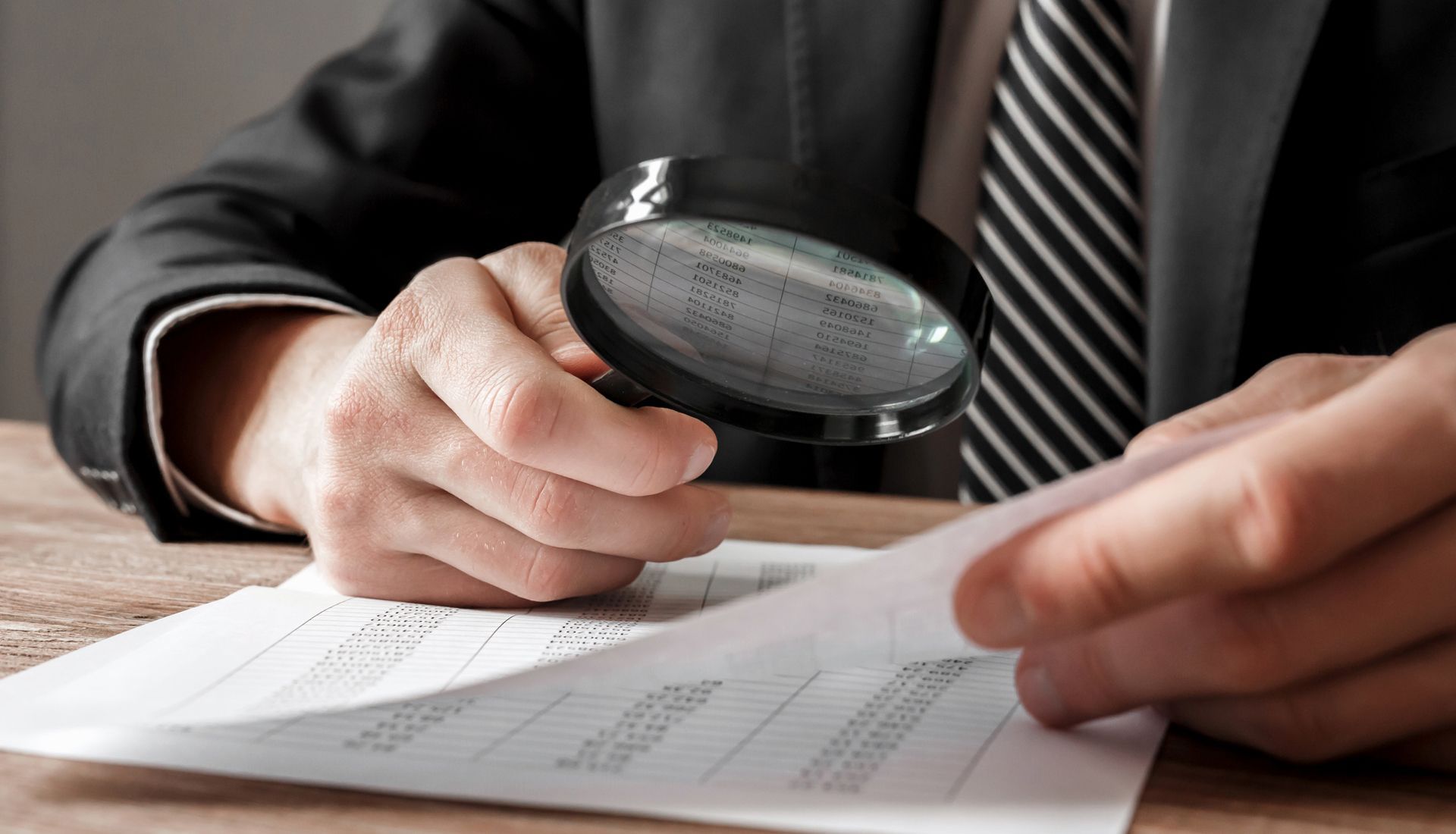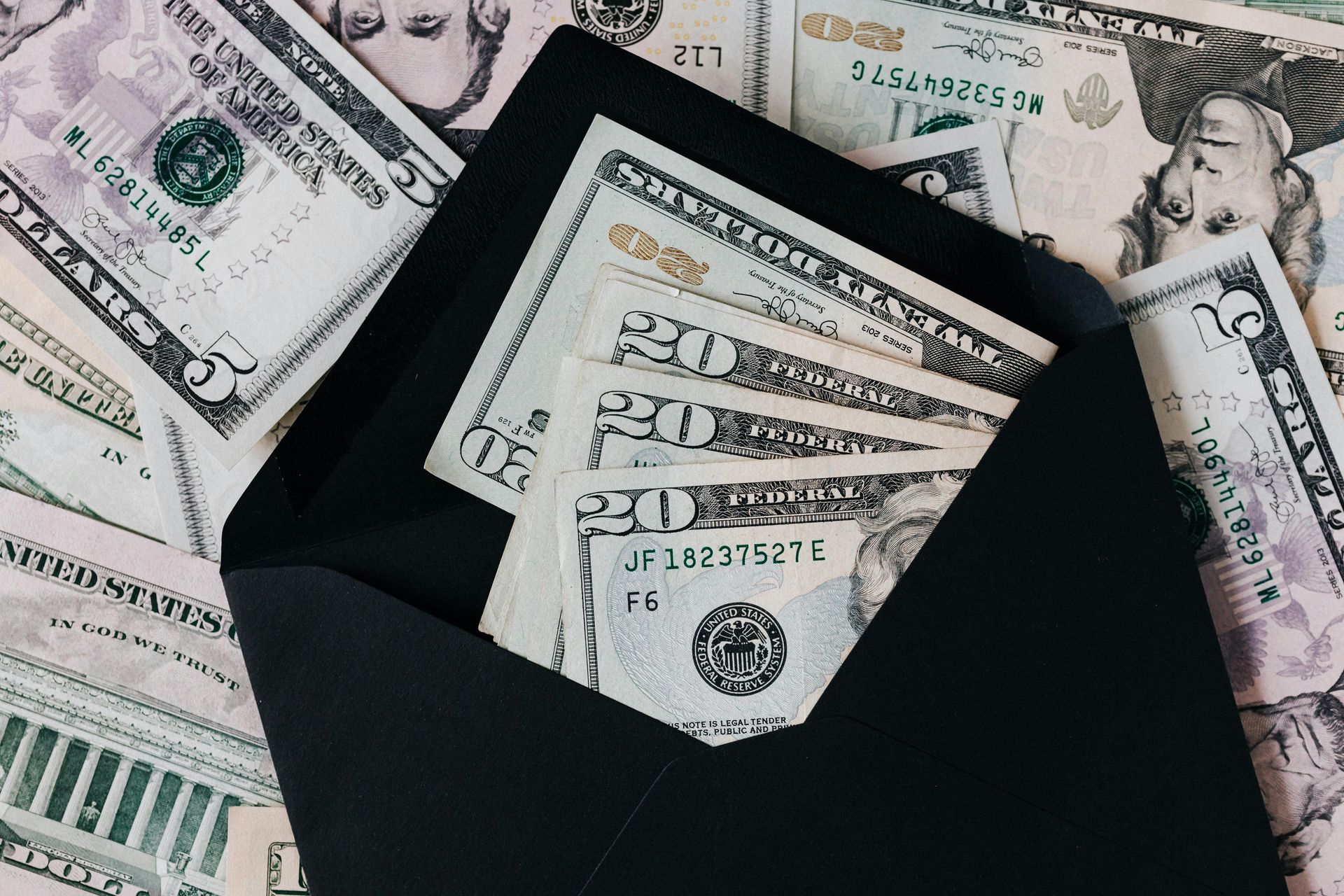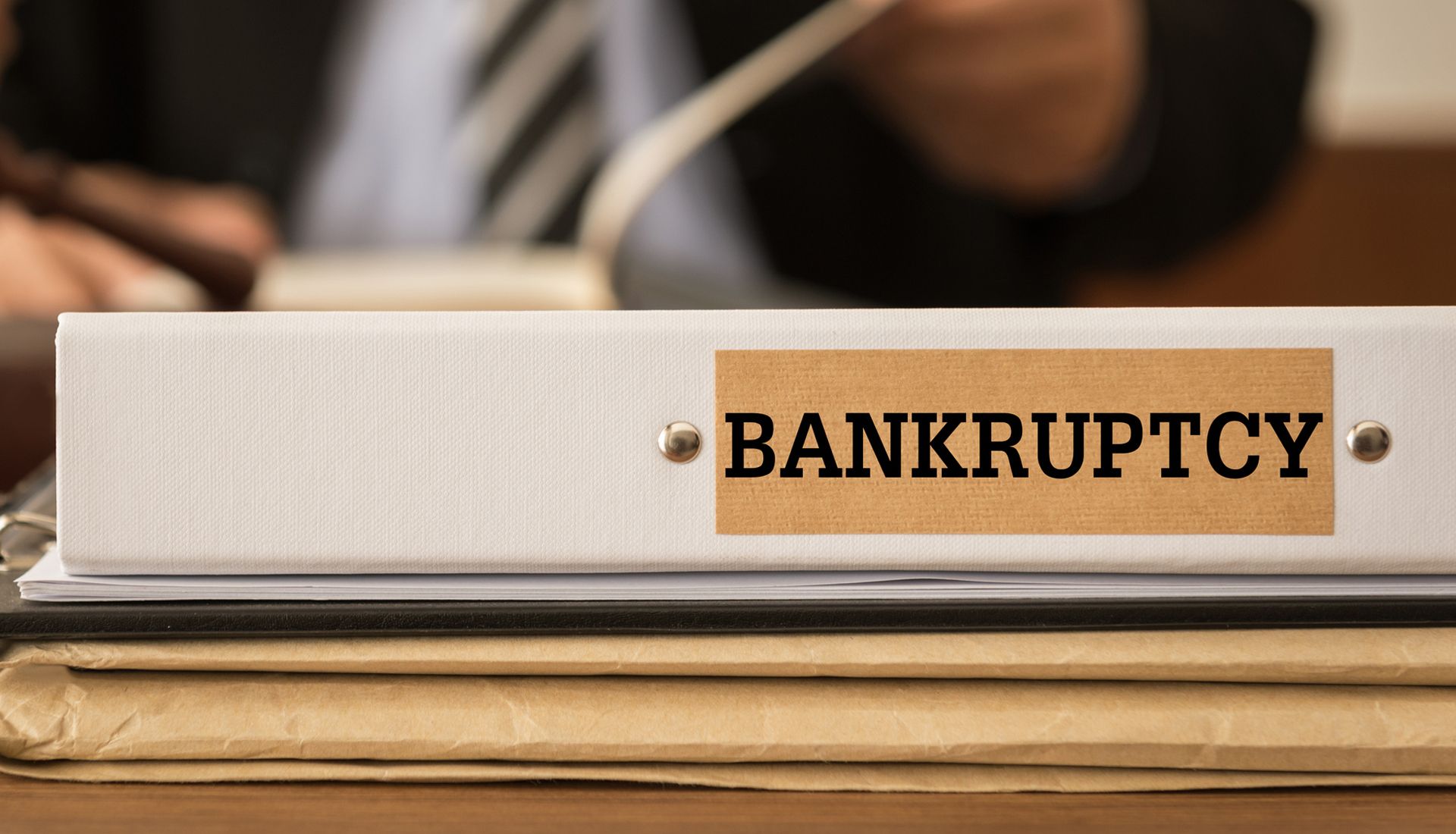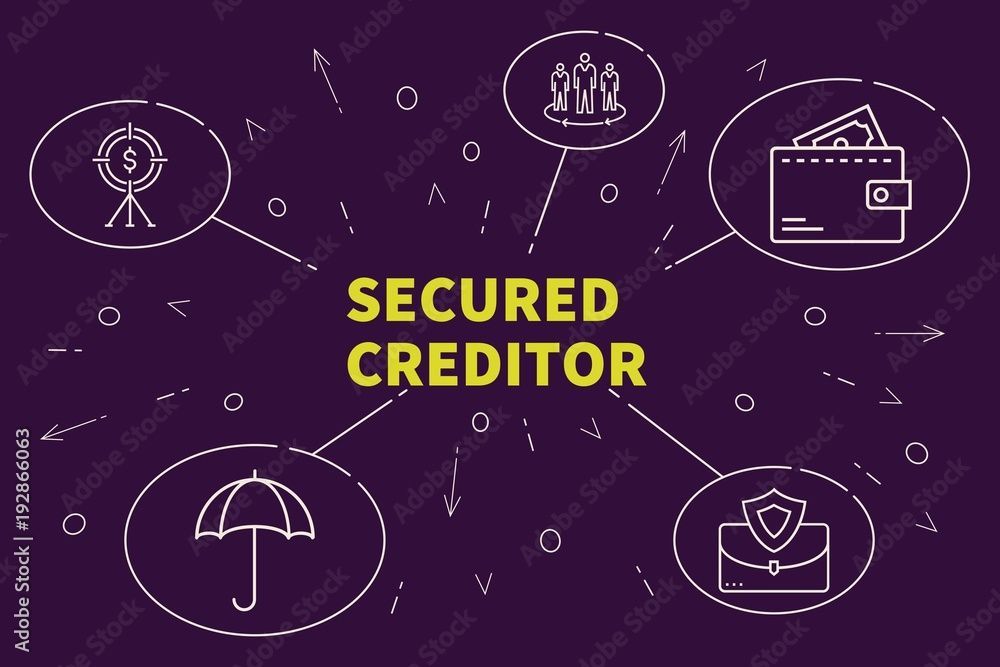Director Penalty Notices

You may have heard the expression, Director Penalty Notice (“DPN”), if not, it is important that you seek professional advice concerning such notices. A DPN is a method by which the Australian Taxation Office (“ATO”) can make directors personally liable for unremitted group tax, PAYG and superannuation.
Directors are responsible for ensuring that the company’s PAYG, GST and super obligations (known as DPN liabilities) are reported and paid on time. Failure to do this will make current, and in some cases, former directors personally liable. This is due to the company debt liability and the director penalty liability being parallel in nature and the ATO can recover these amounts by issuing a DPN, which is a notice that the ATO must give to directors that enables it to recover the company’s unpaid amounts – PAYG, GST and super obligations.
The notice will be posted to the director/s address registered with ASIC and the ATO cannot commence proceedings to recover the director penalty until 21 days after a DPN is issued to a director.
Therefore, it is vital that a director’s postal address is current and updated as the date the ATO posts is the date the notice is given, that’s the day the time bomb starts ticking, not the date the director actually receives the notice.
If all company lodgements are up to date, the ATO will issue a Non-Lockdown DPN, whereby the director will have 21 days available to take one of the four options available to avoid personal liability under a DPN:
- Pay the amount in full;
- Appoint a voluntary administrator;
- Put the company into liquidation; or
- Appoint a small business restructuring practitioner
If lodgements are not up to date (or reported more than 3 months after the due date) the ATO will issue a Lockdown DPN to company directors. In this case, the penalty permanently locks down on the director and the only option available for directors is to pay the debt in full. Placing the company into voluntary administration or liquidation will not extinguish this personal liability.
Therefore, it is vital that directors ensure their lodgements are up to date, even if they can’t pay, because it gives directors more options available if they are issued with a DPN.
If directors receive a DPN and fail to take any action, the ATO may commence action against the company to recover the director penalty amounts, and usually take steps to wind up the company.
In addition, once a DPN has been issued, the ATO can also pursue any director personally as the debt is parallel in nature.
For example, if a company has multiple directors, the ATO can issue a DPN against any one or all of the directors and then seek to recover the amount from the director of its choice. Directors with deep pockets should be wary.
The ATO can recover the penalty amounts by:
- Issuing garnishee notices
- Offsetting any tax credits against the director penalties
- Commence legal proceedings, which could result in bankruptcy
Please consider if general advice is appropriate for your needs, contact a professional advisor, your lawyer or a member of the Australian Restructuring Insolvency and Turnaround Association (“ARITA”). ARITA members are bound by high standards imposed by that body.
Barry Hamilton and Kiara Calvert are both full members of ARITA.




Quick Links
Contact Information
Level 1/63 Salamanca Pl, Battery Point, TAS 7004
Registered Liquidator
Registered Trustee in Bankruptcy
Small Business Restructuring Practitioner
Business Hours
- Mon - Thu
- -
- Friday
- -
- Sat - Sun
- Closed
Public holidays Closed
Public holidays Closed
ABN: 27 093 137 305
Liability limited to a scheme approved under Professional Standards Legislation.






